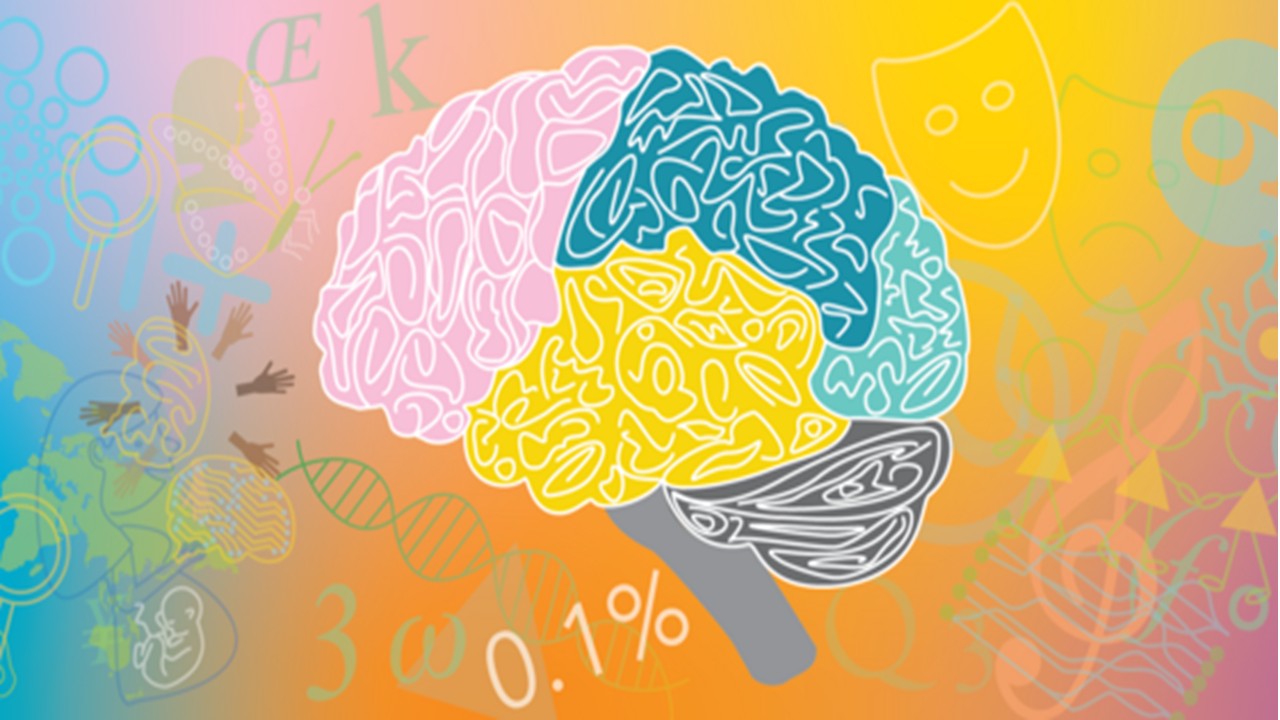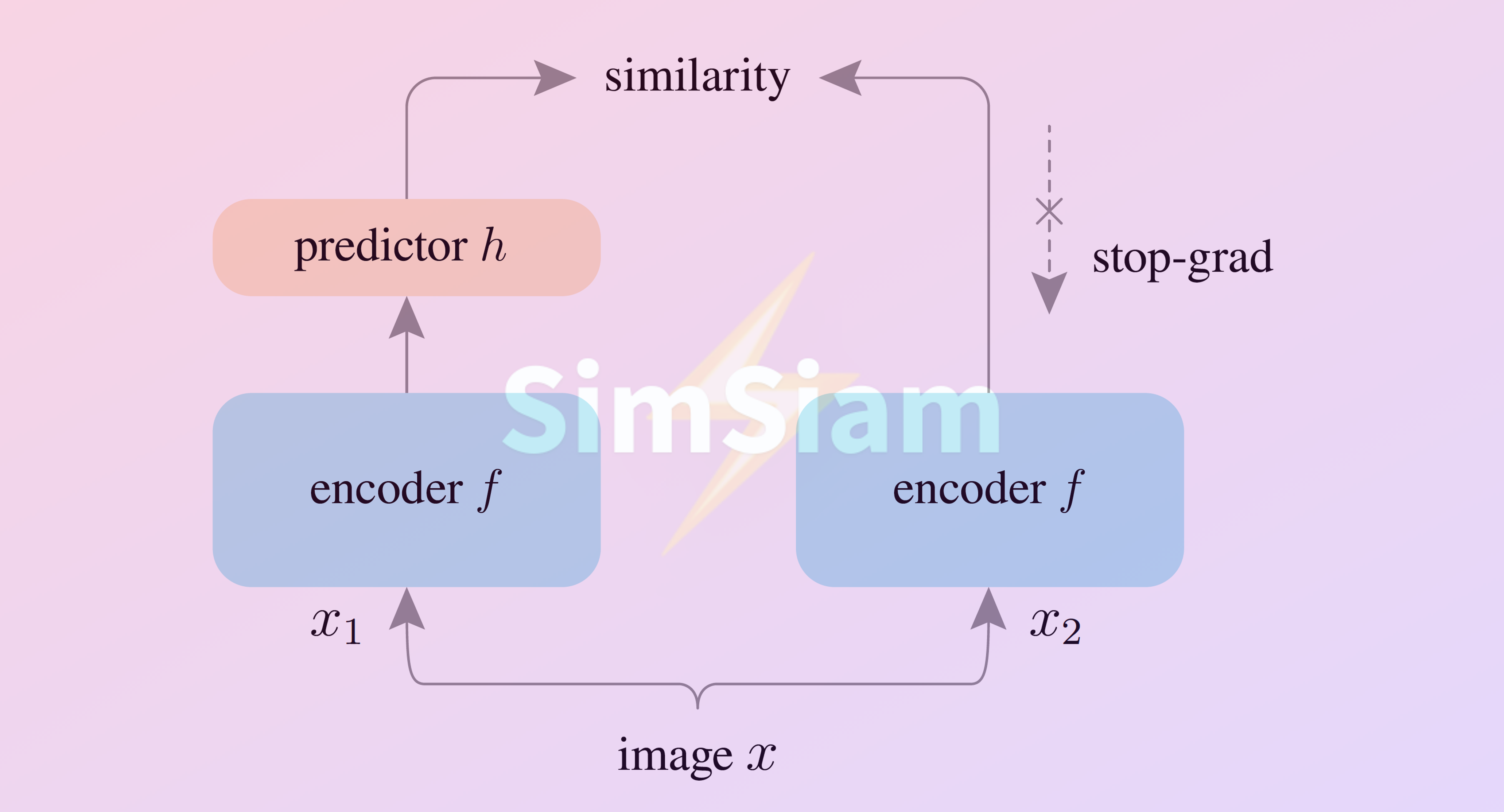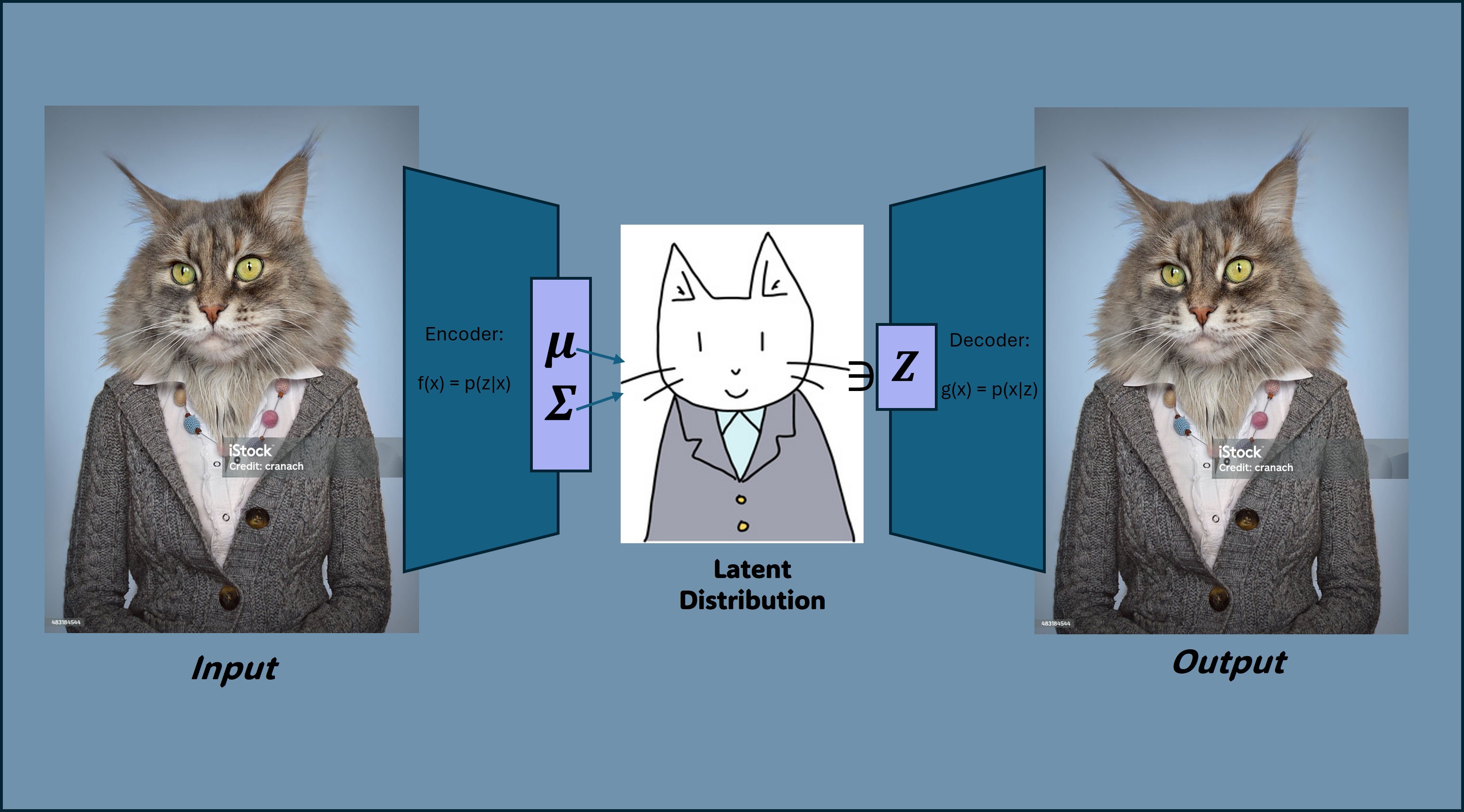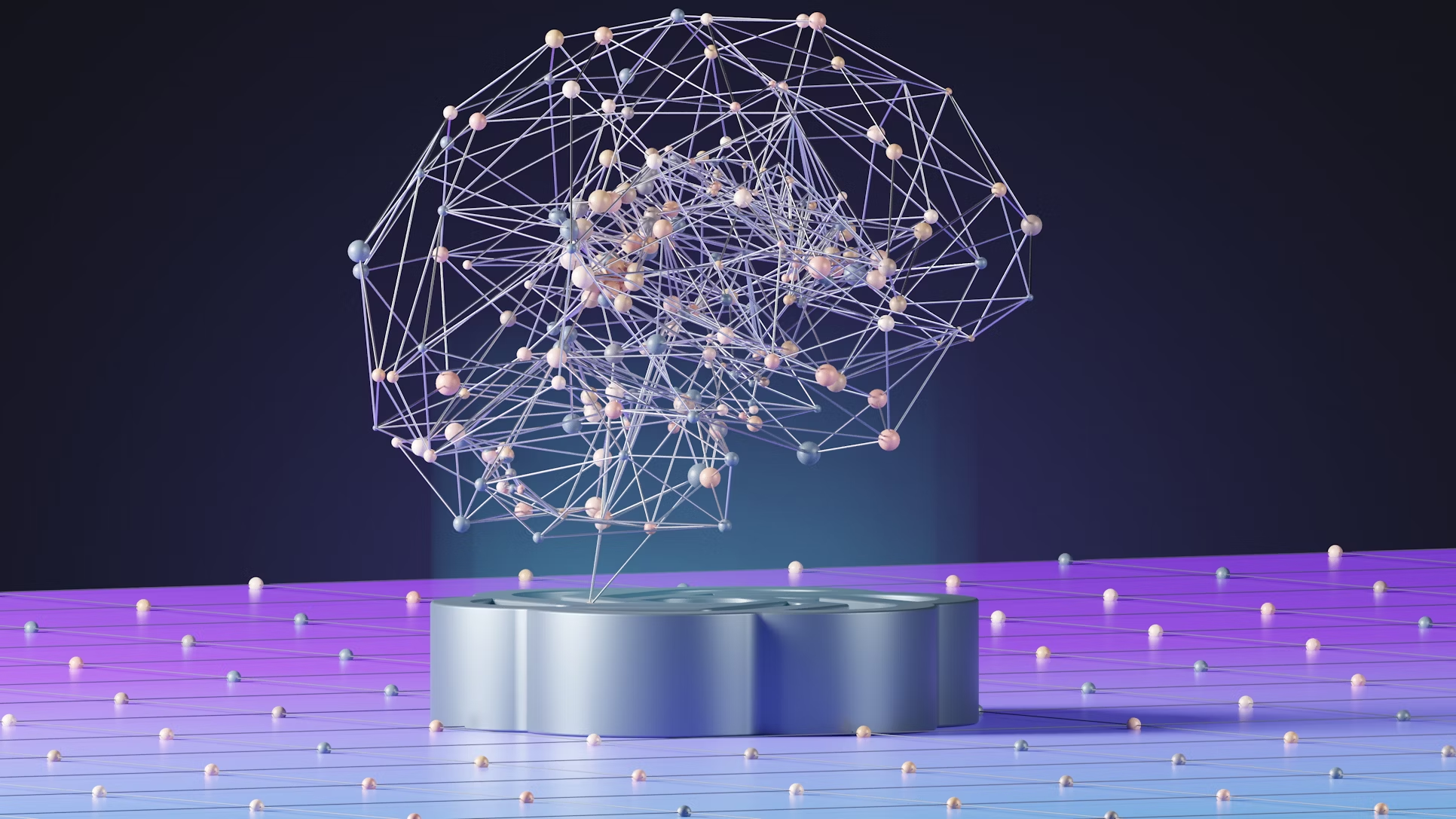Uncovering ADHD and Gender Disparities Using Brain Imaging and Machine Learning
For the WiDS Datathon 2025, I’m developing a multi-outcome machine learning model to predict ADHD diagnoses and identify sex-based differences using brain imaging and behavioral data. Optimizing for weighted F1 score, I’m focusing on addressing the underdiagnosis of ADHD in females — gaining insights that could help drive more personalized and equitable mental health care.
SimSiam: Self-Supervised Feature Learning with PyTorch
Dive into SimSiam, a self-supervised learning algorithm designed to extract meaningful representations from data without the need for labeled samples. This guide walks through the key components, training pipeline, and performance evaluation on CIFAR-10, with visual insights into learned features.
Exploring Variational Autoencoders: A Hands-On Guide
Explore the power of Variational Autoencoders (VAEs) in this hands-on guide. Learn how to implement and train a VAE on the SVHN dataset using PyTorch, with step-by-step instructions for building the model and visualizing results. Perfect for those looking to dive into generative models and image generation!
Connectivity Analysis with MVAR and ICA
This project applies MVAR (Multivariate Autoregressive) modeling and ICA (Independent Component Analysis) to EEG time-series data to estimate connectivity measures like transfer functions and directed coherence.Check out the PDC Connectivity in the Tutorial section
Sentiment Analysis with Machine Learning & LIME
A simple yet powerful sentiment classification system using machine learning models (Naive Bayes, SVM, Neural Networks) to predict text sentiment. Implemented feature engineering techniques like Bag of Words and NLP, and applied LIME for model interpretability. The project focuses on building accurate, explainable AI solutions for text sentiment analysis.





